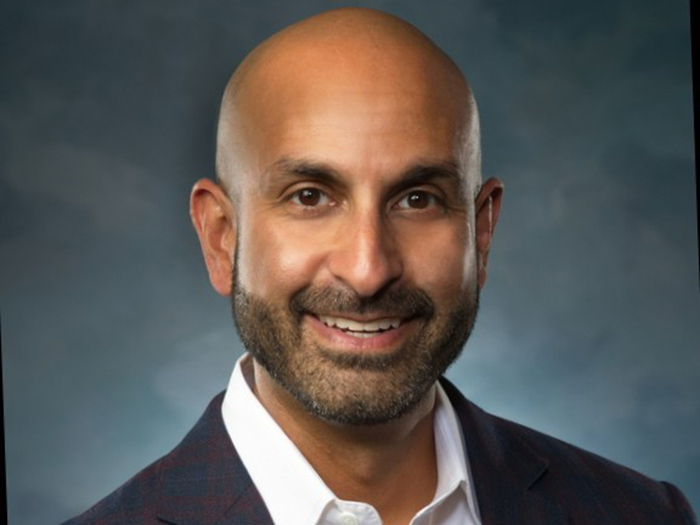Risk Insider: Tony Boobier
The Value of Experience
Over dinner I was discussing the importance of experience with professional (and senior) insurance colleagues. We spoke about new business models, blockchain, cognitive analytics, and how AI would ultimately change our industry and our professions.
One of them raised his eyes to the ceiling. “I don’t know if experience matters any longer,” he said, and he had a point. “After all,” he went on, “aren’t we increasingly looking at the way the insurance industry operates, and tearing up the rule book?”
As Thomas Edison put it, we can keep to the rule book, or we can make progress.
I wondered afterwards about what my colleague had said, especially about the topic of experience. When I look at my own CV covering nearly four decades, it’s as if the experience gained over the first three decades is no longer relevant. Isn’t it only the most recent stuff that matters? And who really cares about hard-earned professional qualifications based on an old-school syllabus?
If knowledge is that which we believe in, then isn’t experience how we apply that knowledge?
I’m not the only one to have thought about the issue of experience. As distinct from knowledge, experience seems to be something much deeper. If knowledge is that which we believe in, then isn’t experience how we apply that knowledge?
Let’s have a quick history lesson. Knowledge, according to the philosopher John Locke (1632-1704), comprises three levels: intuition, demonstrable knowledge (where we make comparisons), and faith or opinion, which Locke accepts isn’t really knowledge at all but only something we believe in.
(By the way, Locke was around about the same time that the insurance industry as we now know it was first conceived in the coffee shops of London, but that doesn’t make him an insurance expert.)
Nowadays we often tend to equate knowledge mainly with academic and other professional qualifications, which seems to miss at least some of the point. In London, cab drivers who learn the streets of London and can navigate without Sat Nav are said to have “the knowledge.”
Locke also had something to say about experience: If we imagine the mind to be a blank piece of paper, experience is where knowledge comes from. Put another way, he said that all knowledge comes from experience. It seems that we really need to know can’t be learned in a book.
So what’s this to do with insurance? The insurance industry is continually and increasingly being challenged to revisit traditional business models, some of which are tried and tested. Disruption is the name of the game.
Yet, Insurtech startups continually complain that more than other industries, insurance companies seem to comprise gatekeeper after gatekeeper, each being (in the opinion of these startups) ultra-cautious. “Why are insurers so slow to take on board my great idea?” they say.
Perhaps such reticence is based on the experience of an individual who intuitively isn’t certain about proposed changes, and has no option but to treat these new ideas with an element of skepticism? Or maybe it’s a byproduct of an insurance industry whose ultimate success depends on the evaluation of risk, entirely based on experience?
The impact of change will be enormous, and the consequences of failure could be expensive. But we shouldn’t forget that the insurance industry underpins the financial security of companies and individuals, and shouldn’t be attracted by bright shiny technological baubles.










